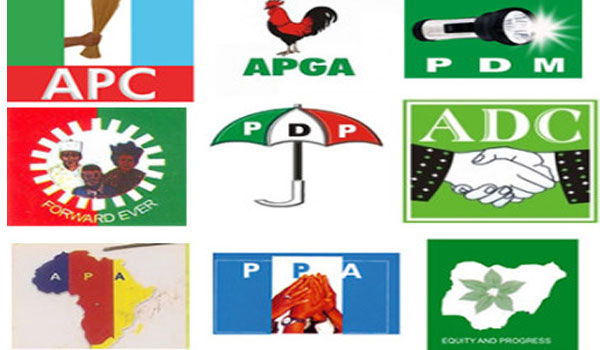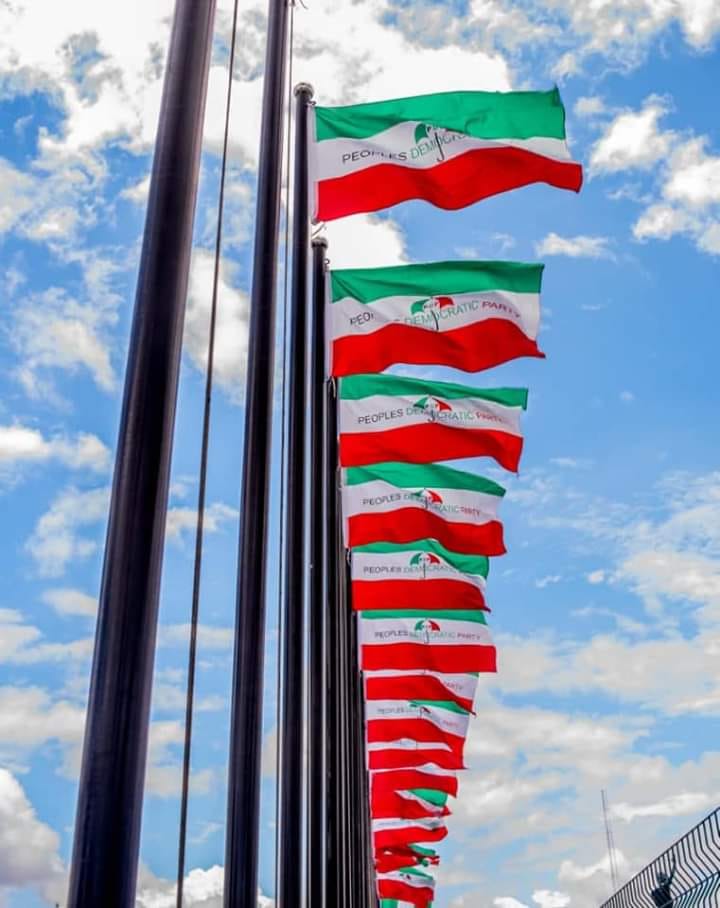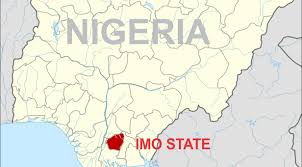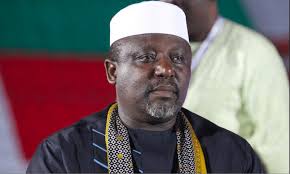In the intricate political landscape of Imo State, political analysts and experts emphasize that forging a robust opposition is not just about participating in elections but requires a multifaceted strategy to effectively keep the ruling All Progressives Congress (APC) on its toes.
Insights from political pundits and analysts, who spoke to INNONEWS in Owerri and Lagos, shed light on the essential elements for crafting a resilient opposition that extends beyond electoral cycles in the State.
Bernard Uka, an Imo State native and the Executive Director of a civil society organization, Centre for Democratic Studies and Economic Advancement in Lagos, underscored the significance of a strategic blend of policy articulation, grassroots mobilization, and internal cohesion by the opposition.
Uka advocated a thorough assessment by the opposition of the strengths and weaknesses of the ruling party, coupled with a keen understanding of the concerns and aspirations of the Imo electorate.
To function effectively as an opposition force, Uka emphasized on the paramount importance of clear and resonant policy positions by the opposition.
He said “It involves not only criticizing the actions of the APC-led government but presenting well-researched alternatives.Effectively communicating these policies through various channels such as town hall meetings, press conferences, and social media becomes instrumental in building a narrative that resonates with the electorate
Sylanus Okehie, an Owerri-based analyst, said there is urgent need for the opposition in the State to prioritize grassroots mobilization and community engagement before the next election period in the State.
According to Okehie, establishing strong party structures at the local level, conducting regular outreach programmes, and addressing the specific needs of each community in the State are imperative.
He stated “By empowering local leaders and activists in the State, the opposition can create a network that actively involves the people in the political process, fostering a sense of ownership and loyalty.
Damian Ejimkonye, a former chieftain of the defunct All Nigeria Peoples Party (ANPP) in the state, emphasized the critical role of intra-party unity and cohesion within opposition parties.
Ejimkonye contends that internal divisions can hinder effective opposition, and thus, opposition parties must prioritize unity, setting aside internal differences for the greater goal of providing a robust alternative to the ruling APC.
In the quest for effective opposition, Ejimkonye suggested exploring opportunities for strategic alliances and coalition building.
“Forming alliances with civil society organizations, advocacy groups, and other opposition parties can amplify their collective voice and influence in the State.
“Coalition building allows for the sharing of resources, both human and financial, optimizing the opposition’s capacity to undertake comprehensive political campaigns and advocacy efforts” Ejimkonye concluded.
Chris Okemili, an ICT expert, spoke on the role of technology in political engagement for the opposition in the State.
Okemili emphasized the importance of harnessing technology in the digital age, urging the opposition to invest in creating a robust online presence, leveraging social media platforms, and employing data analytics to understand voter sentiments.
Ms Grace Anene, a representative of the Society for Advanced Studies, Owerri, underscored the role of transparent governance advocacy for the opposition.
She advocated monitoring the actions of the ruling party, scrutinizing budgetary allocations, and ensuring accountability in policy implementation.
She suggested establishing platforms for citizens to report grievances and providing avenues for feedback to demonstrate the opposition’s commitment to responsive governance.
Anene spoke on the need for civic education; enlighten the Imo State populace on their rights, the political process, and the role of effective opposition.
“Workshops, seminars, and outreach programs can empower citizens to make informed political decisions and actively participate in governance” she said.
INNONEWS observed that the collective insights from these analysts paint a comprehensive picture of the intricate web of strategies required for the opposition in Imo State to evolve beyond electoral battles and emerge as a formidable force that not only challenges the ruling party but actively contributes to the democratic process.
Mr Uka explained that achieving a resilient opposition in Imo State is a mixed blend of many factors.
“Crafting a resilient opposition is not a singular endeavour; it’s a nuanced blend of policies, grassroots connection, internal unity, technological integration and transparent governance advocacy that will ultimately redefine the political landscape in Imo State ahead of the next election” he concluded.









